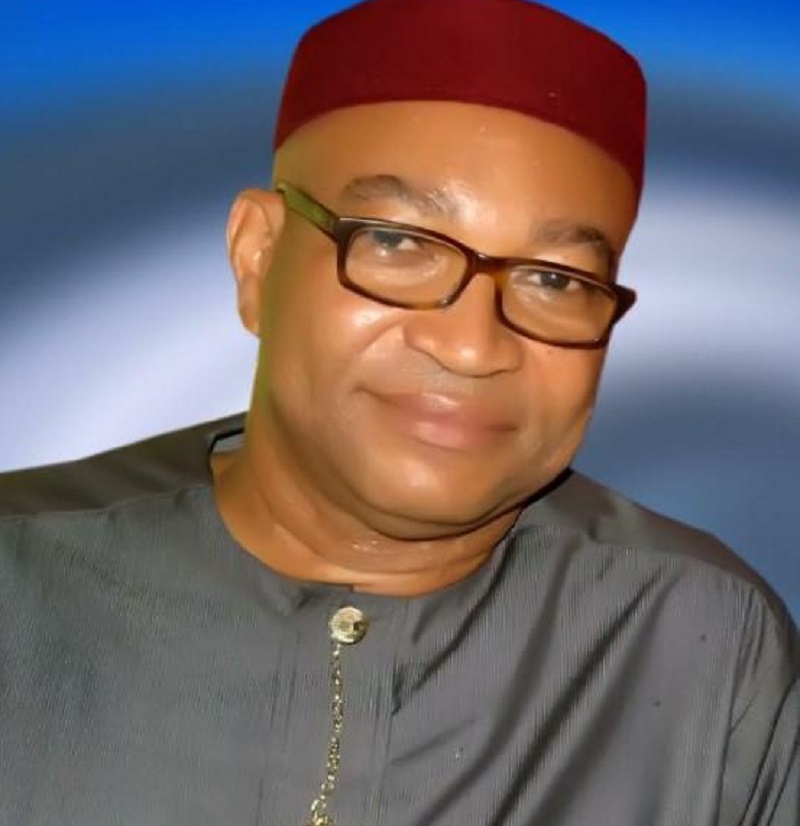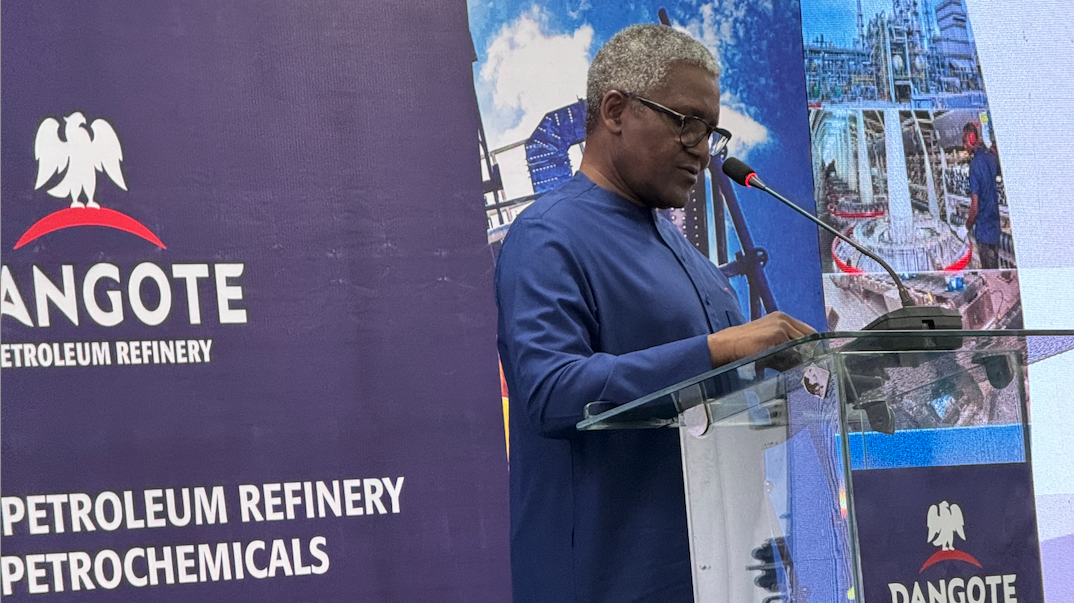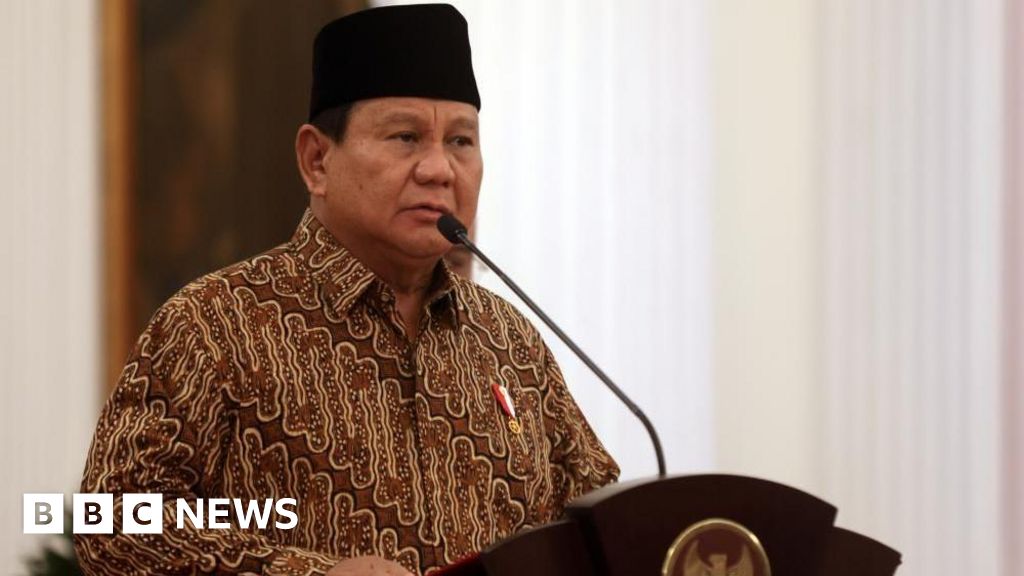Place your adverts here on InfoDig @ low rates; banner ads, sponsored links and guest articles etc. Contact us
An expert in Ecclesiastical Theology and Human Development, Prof. Moses Idowu, said only 21 Nigerian universities were recognised in the recent Global Ranking, out of a total of the 274 universities in the country.
He expressed concerns that the latest global rankings reflected the misgovernance and maladministration prevalent within Nigerian universities and the nation as a whole.
Idowu in an online post noted that two universities; Covenant University and Landmark University, both affiliated with the Living Faith Tabernacle and led by Bishop David Oyedepo ranked in the top tiers, specifically Bands A and B.
He further elaborated that among the 21 universities recognised in the global ranking, 19 were categorised in Bands B-D, with 15 being federal universities and four state universities.
He said, “Here are the shocks: no federal or state university made the list of the top 1,000 universities, and only Covenant and Landmark universities from the private sector ranked in the first two categories. Of the 21 universities, six are located in the North, while 15 are in the South.
“In the South, 10 are in the Southwest, three in the Southeast, and two in the South-South. In the North, three universities are in the Middle Belt (North Central) and two in the Northeast.
“Notably, of the three in North Central, Landmark University and the University of Ilorin are situated in the same state, Kwara.”
Idowu stated that among Nigeria’s first-generation universities, only Obafemi Awolowo University and Nsukka did not rank in Band B like their counterparts.
Nsukka was placed in Band C, while OAU fell into Band D.
He further analysed the rankings, stating, “Here are the results according to former Executive Secretary of the National Universities Commission, Prof. Peter Okebukola:
“Band A (801-1000): Only Covenant University made the list in this category. Band B (1001-1200): Four universities are included here: Ahmadu Bello University, University of Ibadan, Landmark University, and University of Lagos.
“Band C (1201-1500): This band comprises six universities: two Federal Universities of Technology (Akure and Minna), Bayero University, and the Universities of Benin, Ilorin, and Nsukka.
“Band D (1501 and below): Ten universities made this list, including four state universities: Lagos State University, Ekiti State University, Ladoke Akintola University of Technology, and Nnamdi Azikiwe University. Additionally, seven federal universities are included: Federal University of Agriculture, Abeokuta, Federal University of Technology, Owerri, Obafemi Awolowo University, Federal University Oye-Ekiti, University of Port Harcourt, University of Ilorin, and Usmanu Danfodiyo University, Sokoto.”
Idowu criticised stakeholders who celebrated the rankings, describing it as demeaning that a private institution, Covenant University, which had no access to public funds, was ranked as the best in the country.
He pointed out that out of over 274 universities in Nigeria, only one made the list of the top 1,000, classified as Band-A universities.
“Prof. Okebukola and others who view this result as impressive and worthy of celebration, I do not. I see this as an emblem of national shame, a tragic reflection of the misgovernance and maladministration not only of our universities but of the Nigerian nation as a whole,” he stated.
“What is particularly disheartening is that the only university to make the list is neither a federal nor a state university, but a private, mission-based institution. It receives no taxpayer money, public budget support, or alumni backing. It saddens me that a private organization without access to public funds is achieving such noteworthy results with its two universities, while a first-generation federal university like Ife struggles to compete. Great Ife, once renowned and respected globally, has now become a Band D university, outperformed by Landmark University, which was established less than 10 years ago. I am especially disheartened by the situation at Ife because I remember what this university represented in the days when scholarship was the hallmark of higher education. This decline highlights how Nigeria has mismanaged this once-great institution.”
A senior lecturer and Head of the Department of Mass Communication at Dominican University, Ibadan, Dr Ifeanyi Onyike, advised that for Nigeria to get things right, the government must lead by example and demonstrate that foreign certificates were not superior to those obtained in Nigeria.
“What I’m emphasising is that beyond the conversations and workshops we hold daily, we need strong policies to improve our educational system. These policies should ensure that both government and private firms prioritise the employment of homegrown graduates.
“Lastly, I believe the government should step back from the educational system, particularly in senior secondary and tertiary education. The government has consistently shown an inability to address the educational needs of citizens at these levels. Currently, students are out of school due to a hike in tuition fees, and students from other federal universities are protesting as well.
“Educational subsidies are a crucial measure that the Tinubu administration must seriously consider, as its actions and inactions have contributed to parents struggling to afford their children’s tuition. However, if subsidies cannot be implemented, I advocate for the privatisation of all federal universities so they can operate as profitable ventures. Maintaining the status quo while increasing fees will only benefit those exploiting the system and further harm the country.”
Another lecturer in the Department of Microbiology at Adeleke University and the Founder of Helix Biogen Institute in Ogbomoso, Oyo State, Nigeria, Dr Oladipo Kolawole, for Nigerian universities to achieve higher global rankings, several strategies could be implemented, including an improvement in research output and quality.
“Encouraging more research, particularly in STEM fields and the social sciences, can significantly enhance rankings. This involves promoting innovation, securing funding, and publishing in reputable international journals. Universities should also focus on high-impact and collaborative research initiatives.
“Additionally, adequate investment in education infrastructure by both the government and private sector is crucial. Modern laboratories, libraries, and digital resources enhance learning experiences and research capabilities.”
He called for increasing international collaboration and exchange programs, saying it was another important strategy. “Partnering with globally ranked universities for joint research projects, faculty exchanges, and international student programs can improve visibility and elevate academic standards. Recruiting and retaining highly qualified academic staff is essential. Providing opportunities for professional development and fostering international research collaborations can enhance teaching quality and research output.”
Kolawole maintained that enhancing the student experience was vital by emphasising student-centered learning, reducing overcrowded classes, and improving access to resources can lead to better learning outcomes and overall satisfaction, especially in public universities.
“Digital transformation is also necessary for modernization. Implementing technology in teaching, learning, and administration, such as online courses and digital libraries—can attract global attention to Nigerian universities.
“Lastly, universities should consider focusing on areas of specialization, aiming to become global leaders in fields such as agriculture, health sciences, or technology to improve visibility and relevance.
“In conclusion, implementing these strategies holistically could gradually enhance the global rankings of Nigerian universities,” he said.















 English (US) ·
English (US) ·